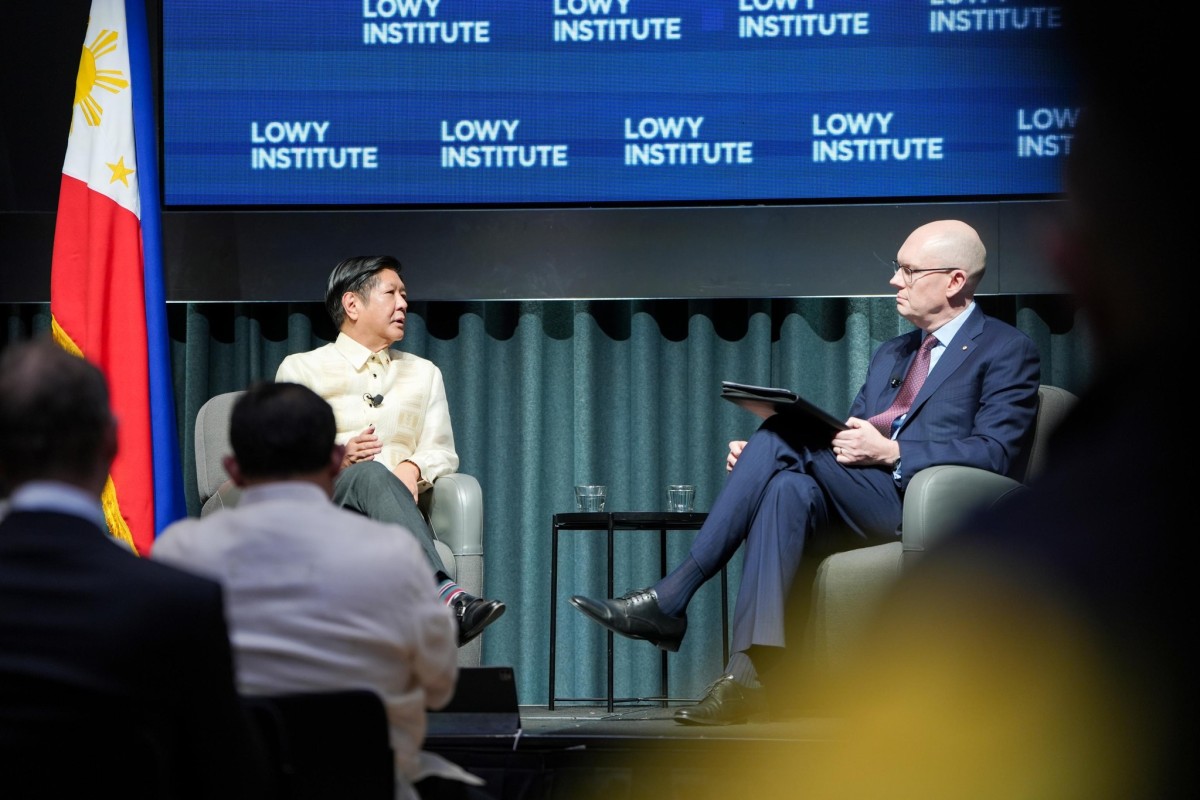MANILA -- President Ferdinand R. Marcos Jr. said on Monday noted the important role China and the United States have to play in maintaining strategic stability and limiting the proliferation of nuclear arms.
Speaking at the Lowy Institute in Australia, President Marcos stressed it is time to bring Indo-Pacific issues to the fore of global conversations on nuclear disarmament.
Marcos said Indo-Pacific cannot ignore the existential impact of great power rivalries upon the survival of the region’s peoples and communities.
“Amidst the alarming reversal of the historic trend of decreasing nuclear stockpiles in the region, we must remember that the tragic humanitarian consequences of nuclear weapons use were borne by peoples of this region, the hibakusha of Hiroshima and Nagasaki, and the victims of nuclear tests in the Pacific,” Marcos told the gathering on the sidelines of the 50th Australia-ASEAN Special Summit.
“It is time to bring Indo-Pacific issues to the fore of global conversations on nuclear disarmament. The People’s Republic of China and the United States must engage in meaningful dialogue to maintain strategic stability, and to limit any nuclear arms build-up,” he stated.
The Philippines and Australia, along with Japan, are at the forefront of efforts to reduce nuclear risks in the region, said President Marcos, saying nuclear risks demonstrate the need for great powers to manage their strategic competition in a responsible manner.
Nations in the Indo-Pacific must ensure that great powers do not treat the world as an arena for their competition and the pursuit of strategic goals must never come at the expense of the interests of smaller states, nor of regional and international peace.
At the same time, countries in the region must also put things into their proper perspective, President Marcos said, adding that aside from the widening geopolitical polarities and sharpening strategic competitions, Indo-Pacific is also being confronted by threats posed by transformative technologies, climate change, as well as persistent inequities and inequalities among nations. (PND)



